From libraries to law enforcement at North Highline Unincorporated Area Council’s November meeting
By Tracy Record
White Center Now editor
The King County Library System was the star of the show at November’s North Highline Unincorporated Area Council meeting, held online Thursday night – not just because its departing executive director was there, but also because of a spirited presentation by two KCLS employees dedicated to your “Freedom to Read.”
KING COUNTY LIBRARY SYSTEM: Lisa Rosenblum – KCLS’s soon-to-retire leader – was a special guest. She was asked which accomplishments gave her the most pride. “For the staff to understand that we work for the taxpayers and we need to be accountable for their dollars,” she began. “Every department under my watched has been changed,” with stricter financial rules, more technology, adding peer navigators and a social worker, among other things. She also said that “managing a very large library system during COVID” was a big accomplishment too. “None of the staff got sick from community spread in our libraries.” She also is proud of making KCLS “fines-free” – not a big hit on revenue, despite what you might think. “The persons most affected by fines are the least able to pay them,” she said they’d learned. (They do charge people eventually for unreturned books.) They’re the second-largest digital lender in the country, fourth-largest in the world, so that library users have choice. “Most people want choice now in their libraries, so we budget for choice” – and they’ve won three budgeting awards, she added. This year KCLS also was a nominee – the only one in Washington State – for a major national award.
NHUAC’s Liz Giba asked some specifics about Rosenblum’s workstyle. How does she work with the board? They’re a governing board and her bosses, who delegate the job of running the system to her. “I work with them to see … what are their big vision items … They tell me what they’re interested in, and I try to present to them some of the exciting programs and services we offer.” In turn, they tell her what the community’s interested in.
Who do you talk to if you have concerns? Email the board – find the address here – Rosenblum said. As for who’s succeeding her, “I’m not involved in replacing me,” but the board is hard at work on it, she said. Though her original announcement was for a November 30th retirement, she’s now staying on until mid-December.
Accompanying her was regional manager Mary Sue Houser. She’s relatively new in that job.
Rosenblum was asked about the KCLS role in matching people to resources – and explained those go far beyond books. She spoke of noticing early on how people came into the libraries to stay warm and dry. Their staff wasn’t necessarily trained to provide social services. So now they have peer navigators as well as community partnerships, such as visiting nurses and resource fairs. “It has a lot of really positive ripple effects,” Houser said. The system has four navigators, who are based at various libraries – the nearest one is based at the Burien Library. “It travels a lot by word of mouth,” explained Houser.
Rosenblum also talked about “welcome centers,” which offer resource assistance in various languages. “Most people feel that a library is a safe space, a comfortable space,” and feel good about visiting them to get help like that.
Later in the meeting, NHUAC’s Pat Price, active with the White Center Library Guild, asked if the board would return to its pre-pandemic tradition of meeting at some library locations. They have resumed that, she was reassured, and KCLS will provide the schedule of its occasional on-location meetings, Houser said.
CELEBRATE FREEDOM TO READ: Brenna Shanks and Melissa Mather, also from KCLS, came to talk about this initiative. The library system came up with a definition of “intellectual freedom.”
They point out that First Amendment rights aren’t just about “the person speaking,” they’re also about “the person listening.” And you get to decide your information needs. The library doesn’t share your information needs with anybody. “Looking at access as a right, as a freedom,” in other words.
How serious is the censorship movement in our state? an attendee asked. Not as “dire” as elsewhere, they replied, while detailing some “interesting developments.” They’re trying to track such things as “passive banning behavior” – hiding books or removing books, for example. They hope to use such things as opportunities to talk, which isn’t what’s happening with major national movements, they said. They also showed the definition of libraries as “limited public forum”:
Rosenblum – who said she stayed to listen “because I love this presentation” – noted there was a protester outside a KCLS board meeting the other day. “And we allow that,” in the spirit of the initiative. Shanks explained that this “freedom” doesn’t mean protecting a material, but instead protecting your right to see it:
They also work to ensure the libraries are for everyone:
And that means those interested in controversial material, too:
“If someone has asked for an item, we don’t ask why they want it, we don’t ask whether they’re for or against it,” but they’ll do their best to get it, Shanks said. They also discussed the criteria for where materials are placed in their collections. “This is what you’ll see in a lot of these book bans – ‘we don’t want this in the teen area,'” etc., said Shanks.
This can be “nuanced,” she said. “It’s a living conversation all the way around.” That includes “inclusive vs. exclusive.”
They noted that there can be conflicting opinions – they’ve even had a call for banning the Bible because of its anti-LGBTQ passages, for example. Overall, they warned, book bans are on the rise:
So what can you do?
KING COUNTY SHERIFF’S OFFICE: White Center’s Storefront Det. Glen Brannon said “it’s been another good month.” More categories of crime are down than up:
Regarding the uptick in kidnappings, he said that’s not necessarily the kind “you see in the movies” – it’s “any time somebody’s forced to go someplace they don’t want to go.” Commercial burglaries, vandalism, and auto theft are up – re: vandalism, he said it’s because more graffiti vandalism is being reported, and he took credit for some of that.
He discussed how White Center is dealing with the new state drug laws – diversion through LEAD is.a big part of them. The jail’s not taking misdemeanor bookings, so they can arrest and file charges “but as part of the process at the time, I do a warm handoff to a diversion expert” – such as a social worker “who starts working with them to start getting better.” If a person pursues the services, they might not get charged. Det. Brannon says that’s in keeping with law enforcers’ real roles as “peace officers.”
NHUAC’s Barbara Dobkin asked about a “drive-by shooting on 21st last weekend.” Det. Brannon said it involved a house with a person who had some criminal background but had been “doing good” until recently. He didn’t have any specifics otherwise – there were no “victims” since neighbors called in to report hearing shots but nobody at the house called to report anything personally. An attendee was concerned about a vacant lot “behind Little Caesar’s” where people seemed to be camping. Det. Brannon talked about how when you move people along, they just move a bit further. Another neighborhood concern brought an explanation that they can’t just arrest people for trespassing any more – “I have to do a lot more growling and a lot less arresting.” Is there a way to use ambient tactics to discourage people from lingering? Yes, but it’s not so easy – and “the question is, where are they going to move to next?”
Asked if KCSO was seeing an increase in 3D-printed “ghost guns,” the detective said no, guns are more often coming from thefts and burglaries. Also, “we are seeing a lot of modified firearms.”
On gangs, he said, they’re not really fighting over White Center right now – “moving through” but not battling for turf.
On another topic, the recurring issue of loud music from Tim’s Tavern and other venues came up. “This is really a disturbance of our lives here,” said Dobkin, asking what neighbors could do “if the sheriffs can’t manage this issue.” Brannon said there are specific ways in which they are required to measure noise, and they didn’t have the equipment, but just got approval to buy it. He also said that when last he visited Tim’s two weeks ago they were installing insulation, but that may not have worked. So he’s warning them that he’ll be using new equipment and will if necessary “start writing tickets.” He says he’s hoping to procure the equipment within a month. (A discussion of zoning and codes ensued.) But, he warned, he asked the King County Prosecuting Attorney’s Office who will then handle the cases – and he says he was told “they’re both in murder trials right now.”
An attendee complained about vandalized cars being “dropped” on 1st SW in Top Hat. Det. Brannon said there’s someone in the area ‘trying to make a living flipping cars.” He’ll check on the current situation.
NEXT MEETING: First Thursday at 7 pm most months – watch for confirmation when that gets closer.
You can follow any responses to this entry through the RSS 2.0 feed. Both comments and pings are currently closed.

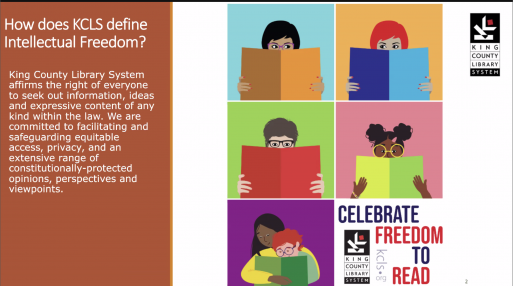
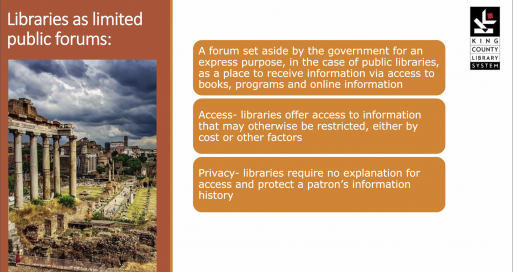
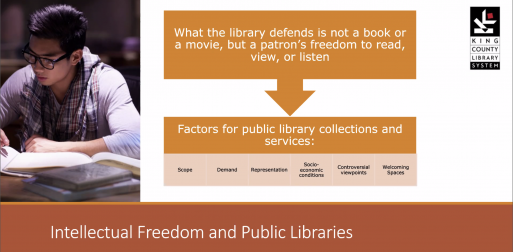
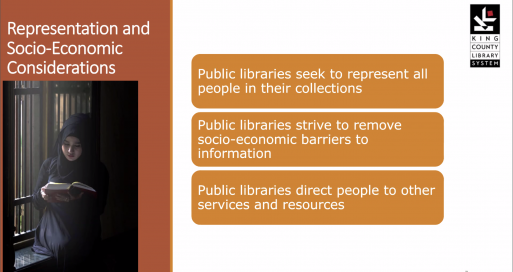
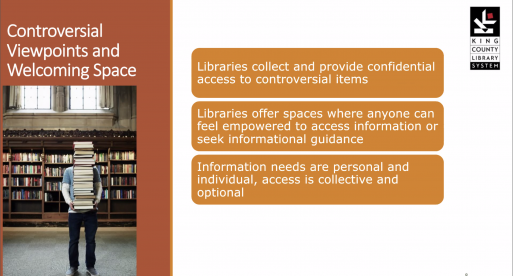
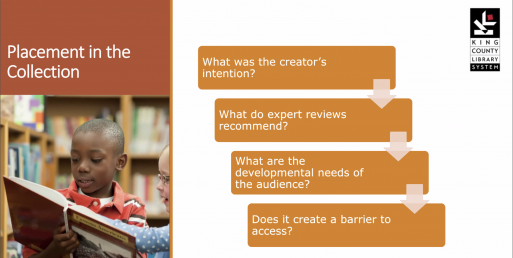
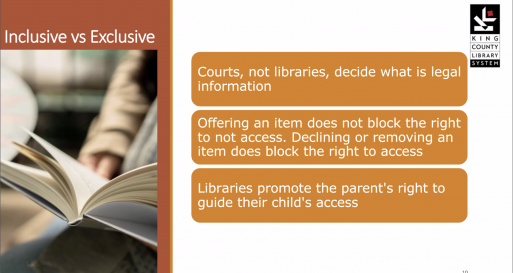
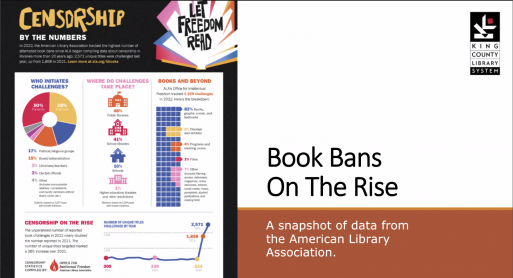
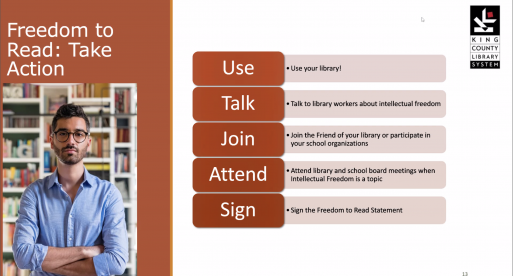
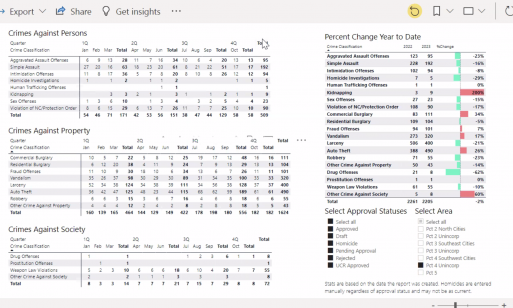
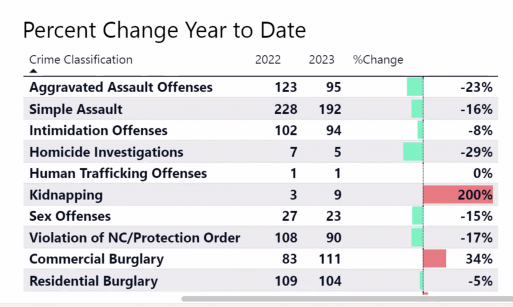
November 3rd, 2023 at 5:45 pm
Thank you for another great report!